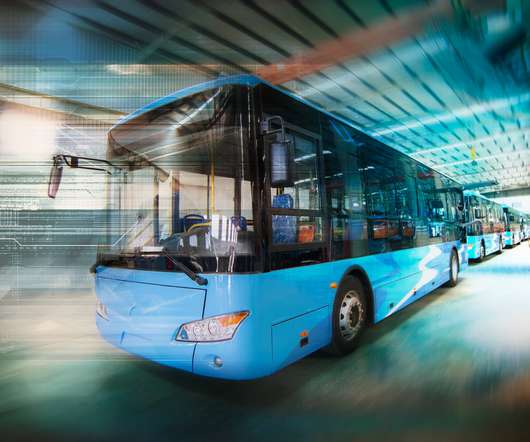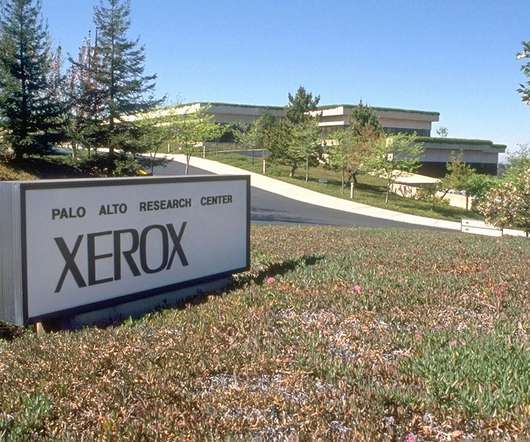FTA awarding $130M in Low-No grants for zero-emission and low-emission transit buses and facilities
Green Car Congress
JUNE 5, 2020
The Bi-State Development Agency (Metro Transit) serving the St. Louis region will receive funds to purchase new electric buses to replace aging diesel buses and related charging infrastructure. New Jersey Transit Corporation. Bi-State Development Agency. City of Jackson. New Mexico Department of Transportation. 793,420.












Let's personalize your content